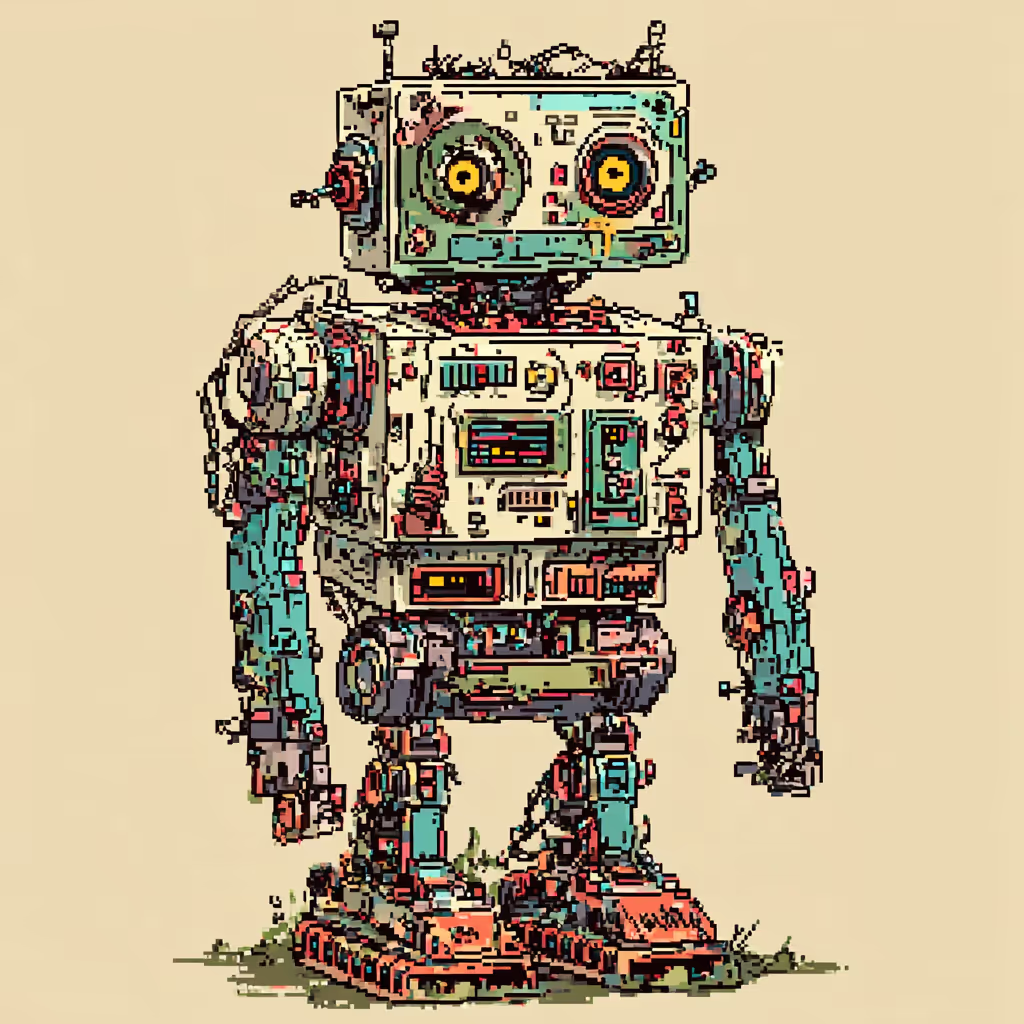In today's rapidly evolving business landscape, the integration of artificial intelligence (AI) is not just a trend; it is a necessity. As we stand on the brink of a new era, the concept of AI knowledge emerges as a pivotal element that can redefine how businesses operate. The future of work is not merely about automation; it is about creating a seamless ecosystem where AI and human intelligence coexist and collaborate. This article delves into the significance of AI knowledge, its implications for business structures, and how it can empower individuals and teams to thrive in an increasingly automated world.
The Importance of AI Knowledge
AI knowledge encompasses the understanding and application of artificial intelligence technologies within a business context. It is the foundation upon which organizations can build their strategies for leveraging AI effectively. Without a solid grasp of AI knowledge, businesses risk falling behind in a competitive landscape.
Understanding AI Knowledge
At its core, AI knowledge involves recognizing the capabilities and limitations of AI systems. This understanding is crucial for making informed decisions about how to implement AI solutions that align with business goals. It is not just about knowing how to use AI tools; it is about comprehending the underlying principles that drive these technologies.
The Impact of Disconnected Knowledge
One of the significant challenges businesses face today is the issue of disconnected knowledge. When information is siloed across various departments and platforms, it creates barriers to effective AI implementation. AI systems thrive on structured context, and without it, the output can be inconsistent or even erroneous. This disconnection leads to a cycle of poor decision-making and missed opportunities.
Building a Cognitive Operating System
To harness the full potential of AI, businesses must consider adopting a Cognitive Operating System (COS). This innovative framework serves as a command center for AI, integrating various aspects of business knowledge into a cohesive system.
Single Source of Truth
A COS operates on the principle of a single source of truth, ensuring that all data and insights are centralized. This approach eliminates the confusion that arises from fragmented information and allows AI to make accurate decisions based on real-time data. By establishing a clear ontology for each business, organizations can empower their AI systems to function effectively.
Connected Knowledge Systems
In a COS, knowledge is interconnected, meaning that changes in one area can ripple across the entire business. This organic system is vital for scaling automation and ensuring that AI can adapt to evolving business needs. When knowledge is connected, AI can learn from past actions and improve its output over time, creating a feedback loop that enhances decision-making.
The Future of AI in Business
The future of AI in business is not about replacing human roles but rather augmenting them. As we move towards a more automated landscape, the human role will evolve into that of a controller, guiding AI systems to make informed decisions.
Empowering Individuals and Small Teams
Interestingly, the first adopters of AI knowledge and COS will likely be individuals and small teams. These agile entities can leverage AI to streamline operations and enhance productivity without the bureaucratic hurdles often found in larger organizations. Imagine starting your day by conversing with your AI-powered business assistant, receiving updates, and making decisions in real-time. This is the future we are building.
Redefining Business Structures
To fully realize the potential of AI, businesses must rethink their operating structures. Traditional hierarchies and processes may hinder the effective integration of AI technologies. Instead, organizations should embrace a flatter structure that promotes collaboration and knowledge sharing. This shift will enable teams to respond quickly to changes and leverage AI insights effectively.
Challenges and Opportunities
While the integration of AI knowledge presents numerous opportunities, it also comes with challenges. Businesses must navigate the complexities of implementing new technologies while ensuring that their teams are equipped with the necessary skills and understanding.
Addressing Knowledge Silos
One of the most pressing challenges is addressing knowledge silos within organizations. When teams operate with incomplete or fragmented information, they are likely to ask flawed questions, leading to suboptimal AI output. Breaking down these silos requires a concerted effort to foster a culture of collaboration and transparency.
Investing in AI Education
To overcome these challenges, businesses must invest in AI education and training for their employees. By equipping teams with the knowledge and skills needed to work alongside AI, organizations can unlock the full potential of their investments. This education should not be limited to technical skills; it should also encompass strategic thinking and decision-making in an AI-driven environment.
Conclusion: Embracing the AI Knowledge Revolution
The integration of AI knowledge into business practices is not just a trend; it is a revolution that will shape the future of work. As organizations embrace Cognitive Operating Systems and prioritize connected knowledge, they will position themselves for success in an increasingly automated world. The future belongs to those who are willing to adapt, learn, and leverage AI as a strategic partner in their business journey.
In this new era, the role of AI is not to replace human intelligence but to enhance it. By fostering a culture of collaboration and continuous learning, businesses can navigate the complexities of the digital age and emerge as leaders in their respective industries. The time to embrace AI knowledge is now, and the opportunities it presents are boundless.
